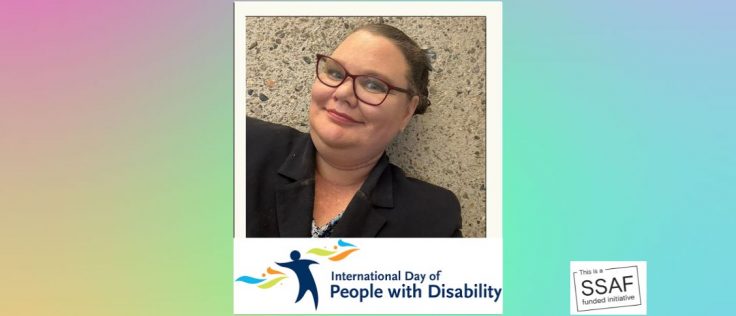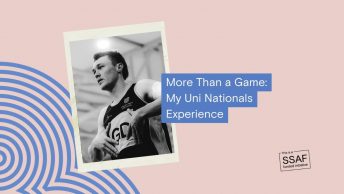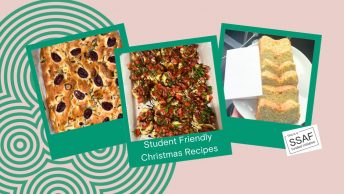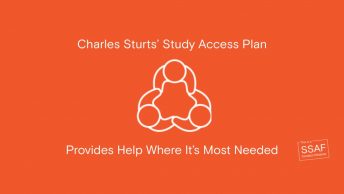Written by Nichole Conolly
Reflecting on what it means to be intellectually gifted but emotionally young has been a journey, especially as a 38-year-old navigating life with autism, ADHD, anxiety, and rejection sensitivity. I find myself walking a fine line: I am currently completing my second master’s degree, a Master of Teaching (Secondary) specialising in History.
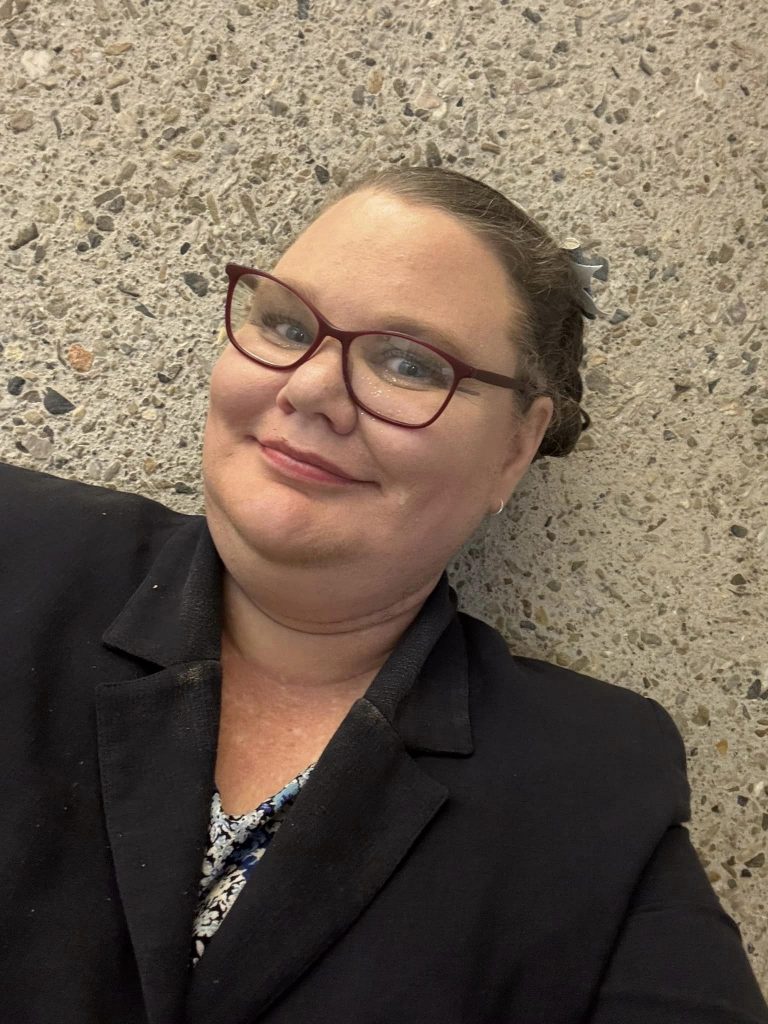
I thrive in structured and stimulating environments. Yet, some days, simple tasks like tying my shoes or preparing meals can feel overwhelming, especially as emotional waves hit unexpectedly.
My intellectual side is in constant motion, craving stimulation. When I am on a university break, my mind goes into overdrive from the lack of mental engagement. Academia keeps me steady, but without it, a void forms in my mind, filling with anxiety and overthinking. I turn into a “volcano,” where even minor frustrations can trigger emotional explosions. I lash out over trivial matters, feeling both regretful and unable to prevent it in the moment, which strains relationships and amplifies my feelings of self-doubt.
Rejection sensitivity adds another layer, magnifying everything. A slight hint of criticism, real or perceived, can send me into an emotional spiral. Intellectually, I know my triggers; I can map out the patterns and try to rationalise my way out of them. Yet, emotionally, I feel much younger, incapable of stopping my reaction when it comes.
One moment, I am confident, and the next, I am undone by a look or an offhand comment. It feels humiliating, particularly considering how accomplished I am in other areas of life.
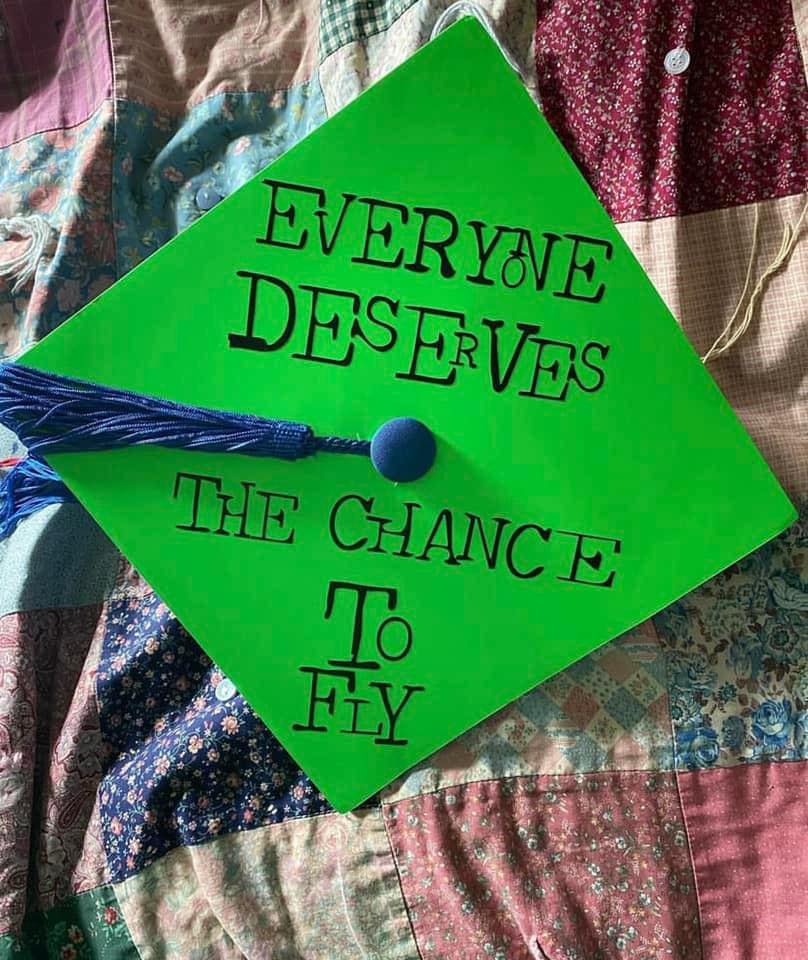
How can someone who handles complex ideas with ease completely unravel over a minor interaction? This inner tension often feels like a tug-of-war between my academic side and my emotional side. It is as though my mind is a meticulously organised spreadsheet- clear and efficient intellectually- but one misaligned cell can crash the entire system emotionally.
I can thrive in structured environments, yet my emotional “error messages” often overwhelm me, disrupting daily life and complicating matters further when sensory needs are not met. I am sensory-seeking, craving movement and sensory engagement. When I am emotionally overstimulated, missing this sensory input adds another layer of frustration.
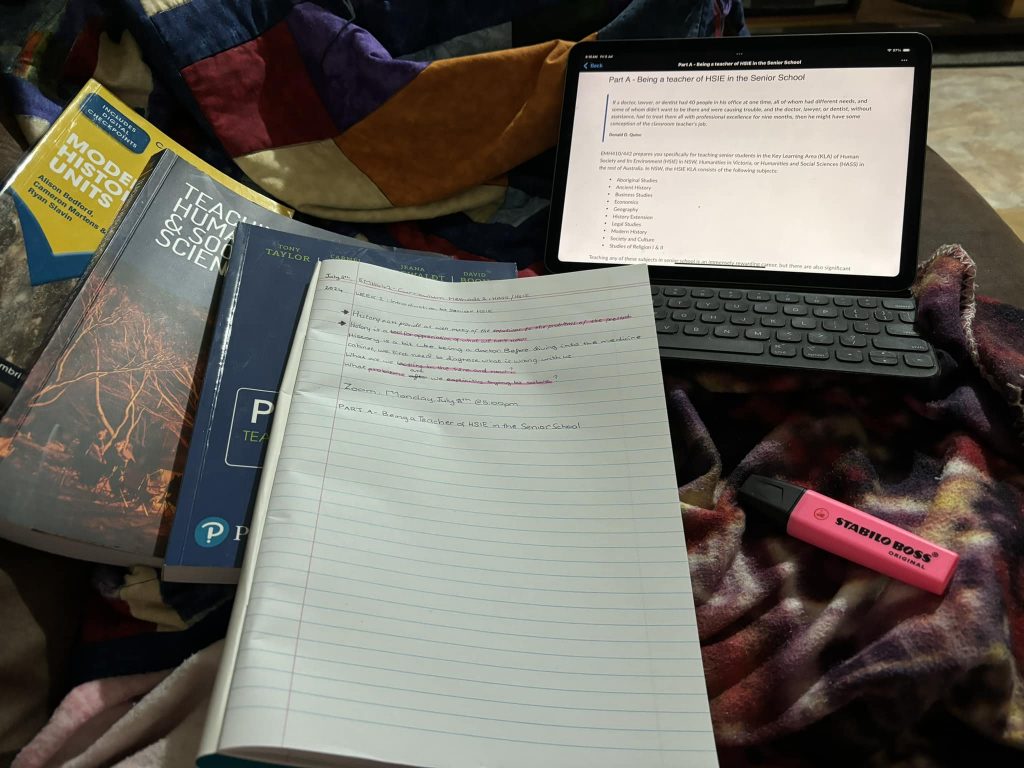
To prevent unravelling, I am learning to be proactive with strategies, and the university provides invaluable resources that make a meaningful difference. For instance, the Accessibility and Inclusion team at Charles Sturt University (CSU) has supported me through the creation of a Study Access Plan (SAP), ensuring the provision of reasonable adjustments to my studies, including assignment extensions, lecture captions, recorded lectures, written feedback, and making sure the lecturers understand that I may need to move about or wear headphones and sunglasses indoors.
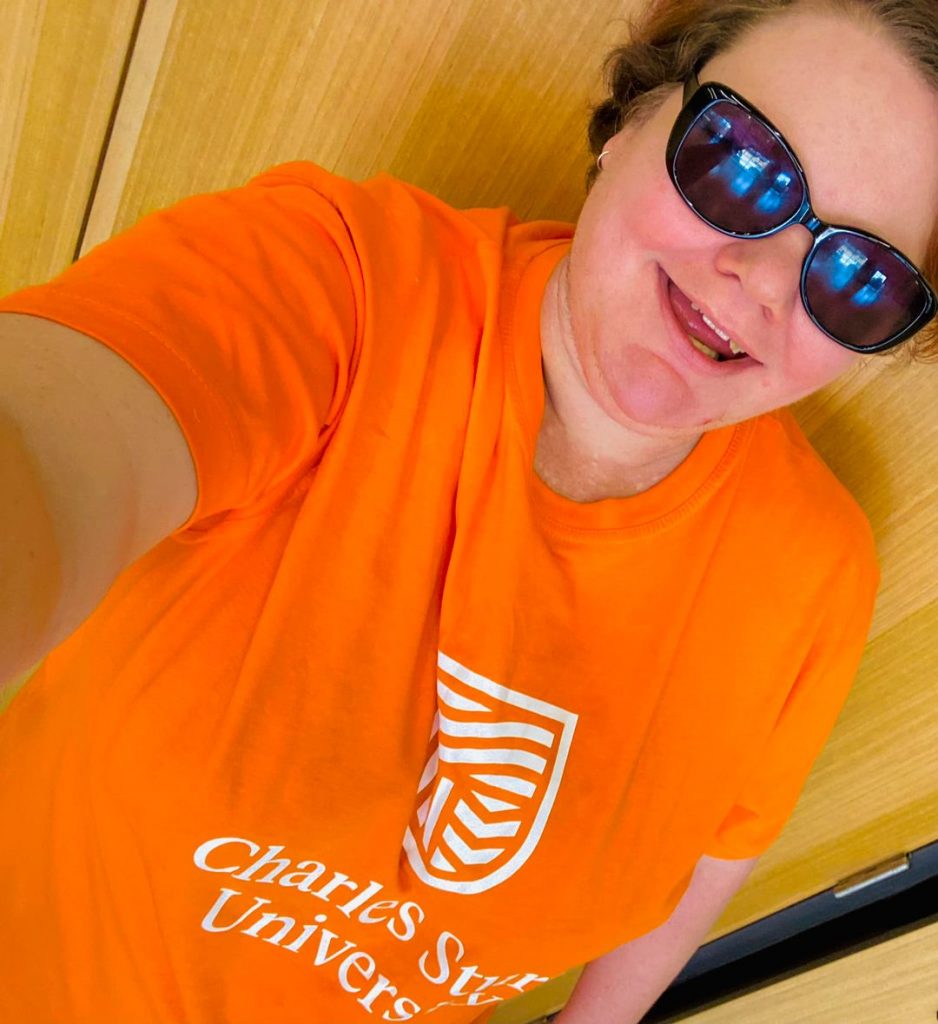
Furthermore, I have regular meetings with the team to ensure my needs are met. This support network from the university reinforces my ability to stay proactive, providing both the structure and encouragement necessary to navigate academic life.
Being academically gifted but emotionally young means navigating the highs and lows of both strengths and struggles. I am learning to be kinder to myself, recognising that thriving intellectually does not negate the need for support in other areas. My role as an Education Support Officer (ESO) allows me to channel these insights, creating a nurturing environment where students can thrive despite their challenges.
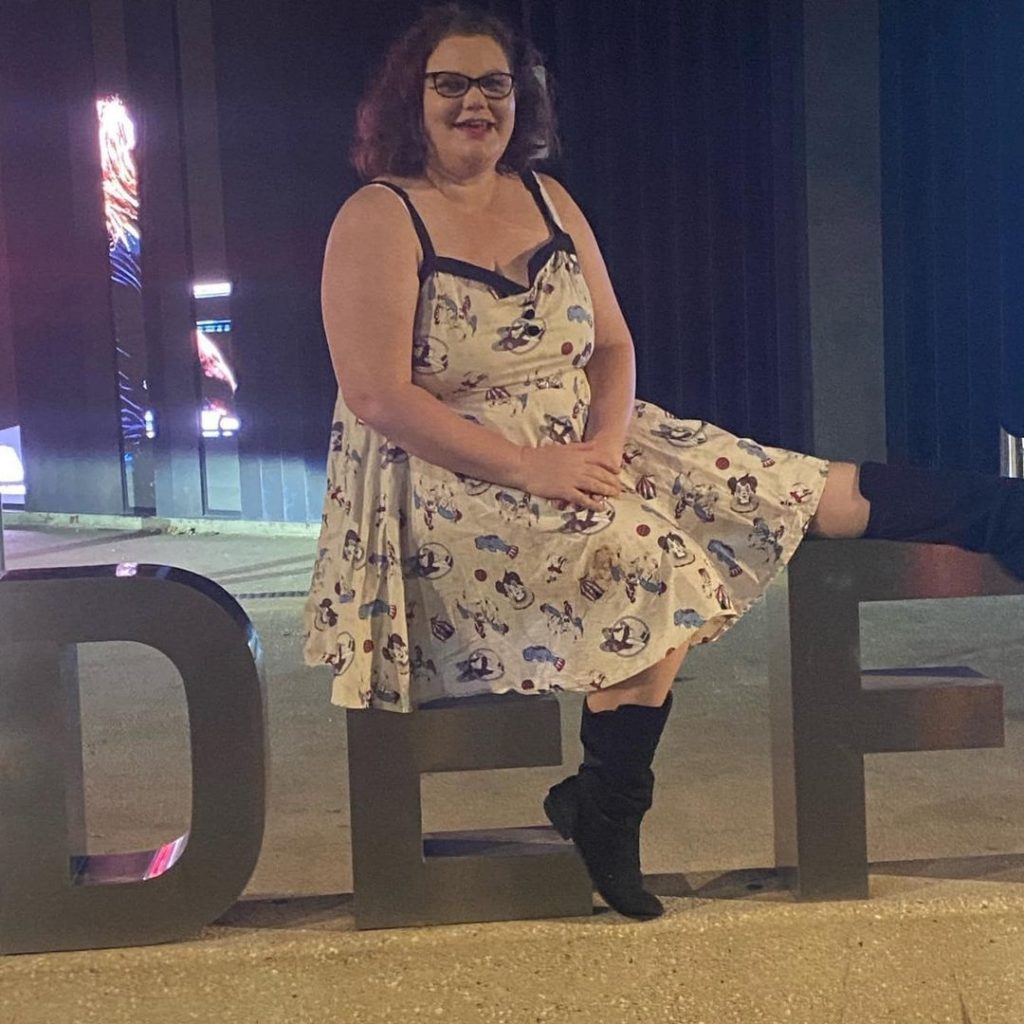
One day, I hope to serve as an Inclusion Head of Department (HOD), applying my unique perspective to build an inclusive and supportive educational space. Balancing these dualities may bring greater empathy and understanding to my role, helping me become both a more effective teacher and a more balanced version of myself.
Click here to find out more about the Accessibility and Inclusion team and the support services available.
Click here to learn more about the International Day of People with Disability.
Charlie blog is a SSAF funded initiative


